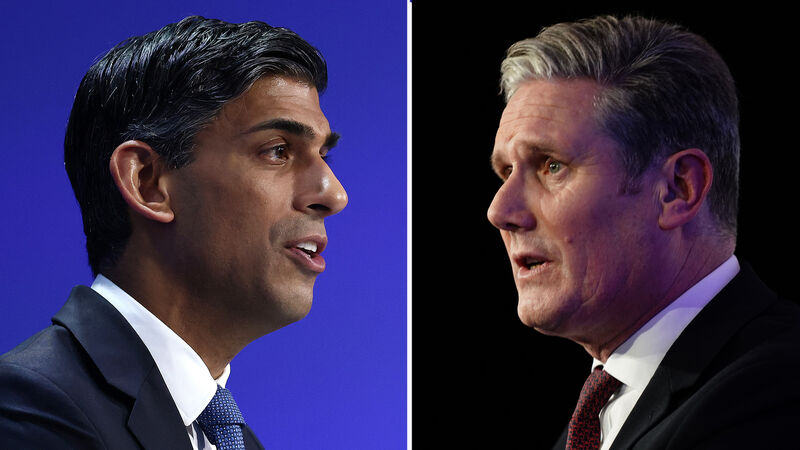David McNamara: Markets keep close watch on elections ahead of central bank moves

While polls suggest the UK election will yield a resounding victory for Labour, the outcome of the French election remains uncertain, with French president Emmanuel Macron’s party trailing both left and right blocks after the first round.
As we move into the second half of 2024, the market’s lens has shifted from central banks to politics for now, with two pivotal elections taking place in the UK and France this week.
While polls suggest the UK election will yield a resounding victory for Labour, the outcome of the French election remains uncertain, with French president Emmanuel Macron’s party trailing both left and right blocks after the first round.















